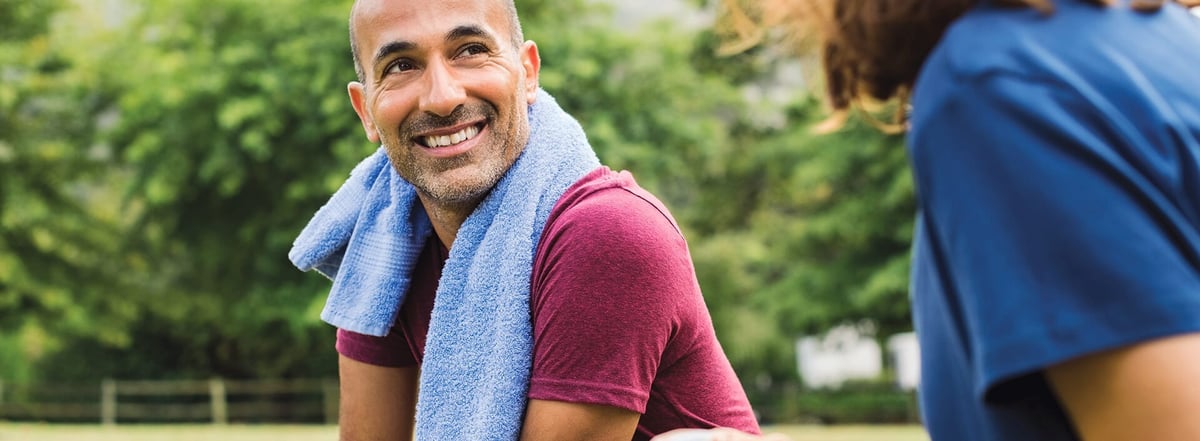Data from OccHealth by Altius’ Recovery and Wellness Initiative demonstrates positive outcomes for participants – employees with physical injuries unable to return to work, either indefinitely or for a limited time, due to a lack of suitable duties provided by their employer.
The Recovery and Wellness Initiative aims to reduce biopsychosocial barriers and physical deconditioning associated with not working through tailored support and treatment plans to assist with recovery. OccHealth by Altius allied health professionals bring an injury and workplace educational focus to external settings to enable an easier transition back to work once suitable duties are available.
Biological/Psychosocial support to minimise the potential for pain, dysfunction or fear avoidance, is ley to the program as well as psychosocial education to limit potential for secondary overlay to impact return to work.
The impact of the RAWI is evaluated through a number of measures – with the WHO-5 score a reliable indicator of emotional functioning and a good screener for depression. Recent data from the RAWI pilot showed a significant improvement in WHO-5 scores, a clinically significant increase of above 10% on average, across program participants, from the first to the last session of the program, for those who participated fully in the RAWI.
OccHealth by Altius General Manager, John Cosentino, says “We are pleased to be continuing to realise similar results as we roll the program out beyond the pilot”.
Our most recent data on the Return to Work Initiative demonstrates 72% of participants had an increase of work capacity and 53% returned to pre-injury work duties.
In general, participants in the RAWI report that they enjoyed the personalised nature of the program, appreciated the support provided by all stakeholders and reported improvements in their general lifestyle and wellbeing.






